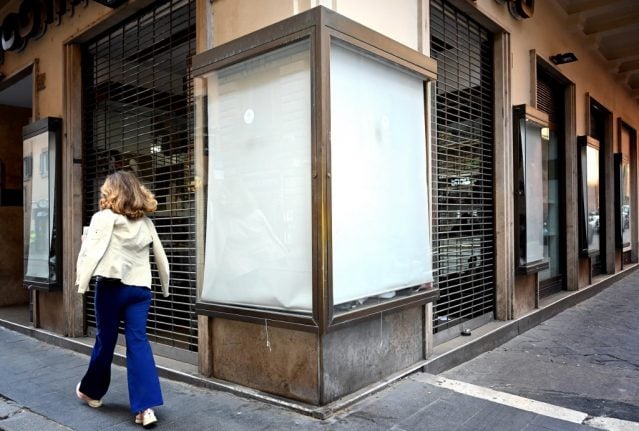Sollacaro, an advocate who defended both Corsican nationalists and some of the island's most notorious criminal figures, was killed after stopping his car at a service station in Ajaccio on his way to his office in the centre of the town.
A witness said two motorcyclists opened fire on the 63-year-old and then fled. Ten cartridges were found at the scene.
The slaying of Sollacaro came shortly after the bullet-ridden body of a former nationalist activist, Jean-Dominique Allegrini-Simonetti, 50, was discovered in his car near the village of Balagne in the mountainous centre of the island.
Police do not believe the two assassinations are directly linked but there may be a common thread as other recent killings have all been ascribed to score-settling between rival criminal gangs, some of whom overlap with sections of the nationalist movement.
The killing of Sollacaro will be investigated by a team of detectives (JIRS) based in Marseille who have handled previous probes into the island's criminal underworld.
The lawyer represented a number of the figures who have been subject to JIRS investigations and were also former allies from the separatist Movement for Self Determination (MPA).
Among them were the former chairman of Ajaccio's chamber of commerce and convicted drug dealer Gilbert Casanova and Antoine Nivaggioni, the late founder of a security company, SMS, which was at the centre of a vast corruption scandal related to tenders for state contracts on the island.
Sollacaro had also represented Robert Feliciaggi, Michel Tomi, Jose Menconi and Francis Mariani, all figures suspected or known to be involved in mafia activities on the island.
He is best known however for defending Yvan Colonna, the nationalist currently serving a life sentence for the 1998 assassination of France's top official on the island, the prefect Claude Erignac.
The lawyer is believed to have escaped an earlier assassination attempt in 2009 when a heavily-armed man involved in the SMS affair was arrested near his home.
A huge, charismatic man with a love of the good life, Sollacaro had a gift for court-room polemics, most famously comparing the judges in Colonna's appeal hearing to the Myanmar junta.
In recent years he had reduced his legal activity in favour of real estate investment in the area of Porto-Vecchio in the south of Corsica.
He leaves a wife and two children: a son who is himself an advocate and a daughter who was due to take her final bar exams this week.
French Interior Minister Manuel Valls voiced his shock at the latest killings in Corsica and promised a crackdown.
"When the gowns of an advocate are attacked, it is a symbol of the rule of law that is being challenged," he said
"The state will not forget the cruel price that its servants have paid (in Corsica) and will mobilise to secure the end to this violence that is dearly wished by the vast majority of the population."



 Please whitelist us to continue reading.
Please whitelist us to continue reading.
Member comments